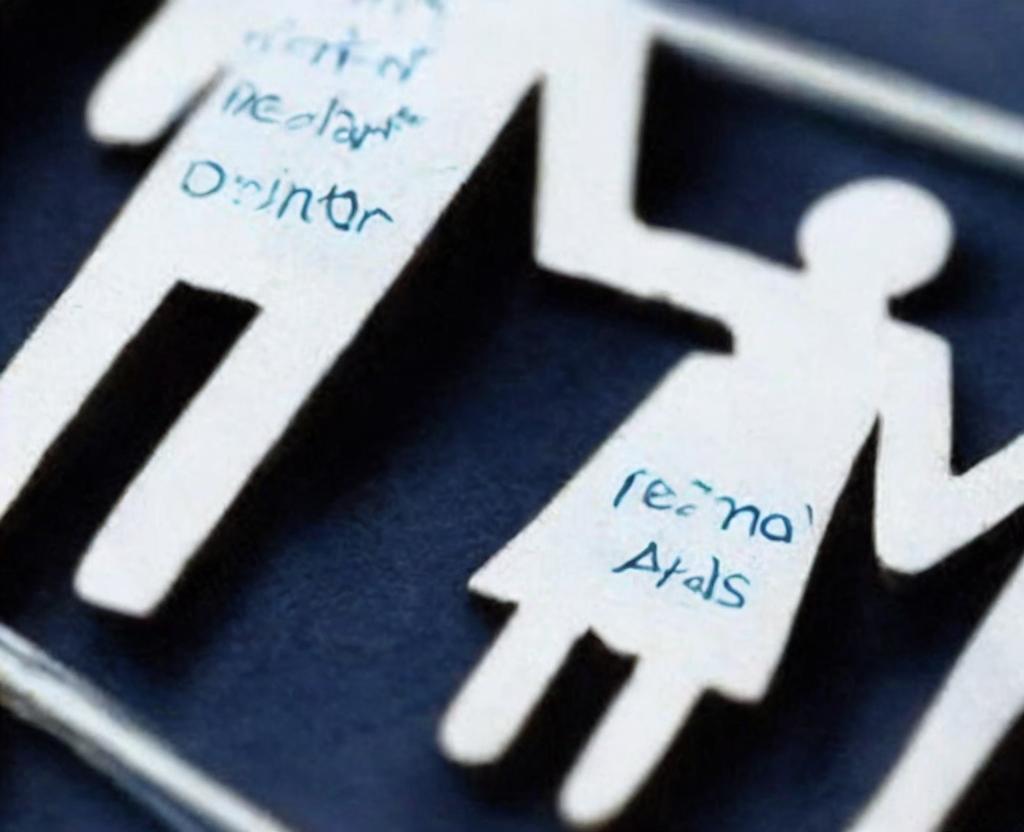
One Health Day
One Health Day, One Health Day, promotes efforts around the world to bring together health sciences that affect humans, animals, and the planet. The day also acknowledges how closely our shared environment influences human health.
Did you know that certain animals carry diseases that are both animals and humans, called zoonotic diseases? zoonotic diseases are illustrated in the following: Here are a few examples of zoonotic diseases.
- Zoonotic influenza
- Salmonellosis
- West Nile Virus
- Rabies
- Brucellosis
- Lyme disease
- Plague
- Malaria
Coronaviruses are also a zoonotic disease. According to reports, SARS-CoV was spread from civet cats to humans. MERS-CoV, a different species of coronavirus, was spread from camels to humans. According to the World Health Organization (WHO), zoonotic diseases cause millions of deaths each year.
About 60% of emerging infectious diseases are zoonoses. In every region of the world, these kinds of diseases are present. The countries with the largest number of zoonotic diseases include Ethiopia, Nigeria, Tanzania, and India. Other countries are considered hotspots for acquiring zoonotic diseases in other countries. The northeastern United States, the United Kingdom, and other areas of Western Europe include Brazil, the northeastern United States, the United Kingdom, and other parts of Western Europe.
To combat zoonotic diseases, it takes collaboration among several groups of people. The association includes physicians, veterinarians, pet owners, farmers, ecologists, policymakers, and others that monitor public health risks. The organizations are hoping that by working together, the groups will be able to better understand zoonotic diseases. Understanding will lead to improved surveillance of zoonotic diseases and fewer cases worldwide.
How to celebrate #onehealthdaycom
Health agencies, corporations, universities, and individuals around the world celebrate a variety of events and activities on this day.. These include workshops, seminars, webinars, presentations, and contests. The event is designed to raise human, animal, and environmental health by raising the possibility of the One Health philosophy.
To participate:
- Encounter a One Health competition event if you're a student
- Learn more about health risks shared by people, animals, and the environment
- Educate yourself on zoonotic diseases
- In your neighborhood, attend a health-related lecture or workshop..
#OneHealthDay is the hashtag used on social media to raise money for this day.
History
One Health Day was launched by the CDC and several health organizations around the world. They held the first event on November 3, 2016, honoring John Payne Woodall, a pioneer in the field of infectious diseases. He died just days before the event on October 24, 2016. About 37 countries participated in the first year.




